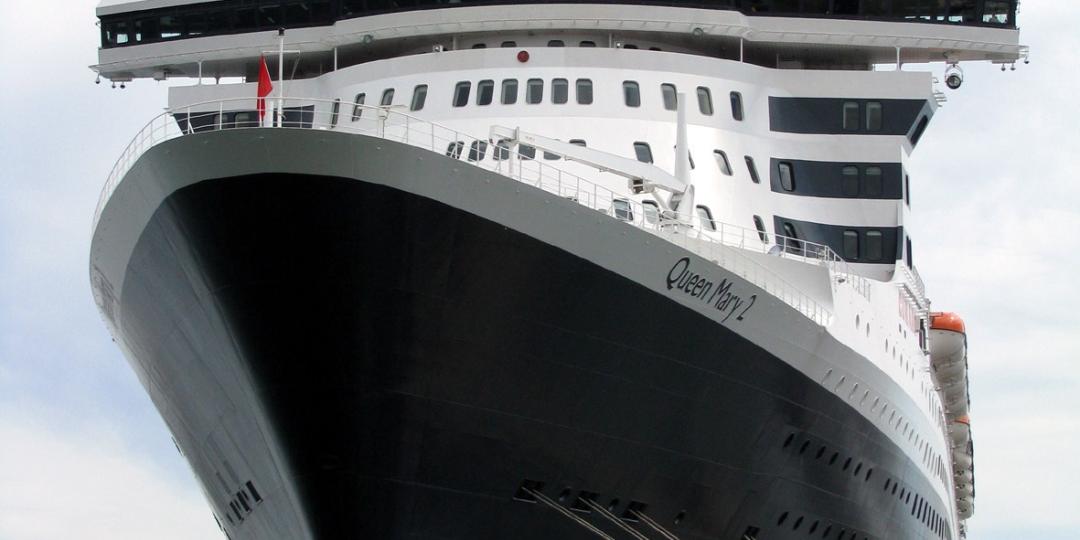Cape Town plans to become the top cruise destination in Africa by applying to the cruise industry the same collaborative development model that made Cape Town Air Access so successful in developing direct air links to the city.
Speaking at the start of Cape Town’s peak cruising season, Cape Town Mayoral Committee Member for Economic Opportunities & Asset Management, James Vos, said the city was working with its tourism partners and the V&A Waterfront to promote Cape Town as a destination of choice globally for cruise tourism. “We need to position Cape Town as a home port for world and regional cruises. To do this, we need to understand what cruise companies want and to match our tourism experiences accordingly.”
Vos said the Air Access initiative had brought significant economic benefits to the Cape. “We firmly believe a dedicated strategy on cruise tourism will deliver the same result. He pointed out the city now had a dedicated cruise terminal funded by the V&A Waterfront; and that the increased air connectivity made Cape Town an ideal port from where to join or disembark a cruise. He said the Cape was also positioned to become a home port for specialist cruises.
Speaking at Wesgro’s annual review event, CEO Tim Harris, said Wesgro was convening all cruise industry stakeholders to emulate the air access collaborative growth model. “We’ve had a series of meetings with Transnet, the V&A Waterfront, the provincial government and SAMSA (the SA Maritime Safety Authority). The effort is led by the City of Cape Town. We’re busy putting in place a collaborative model to facilitate growth of the cruise industry.”
Harris said Wesgro had also met with most of the international and local cruise industry players to understand what constraints they were experiencing. The lesson from the air access model, he said, was for government and business to collaborate in creating a business case that would appeal to the cruise lines, which were the clients. “We will be working closely with them to grow routings and stopovers in Cape Town. The first order of business is better research to understand the dynamics of the cruise industry. We’ll probably see a strategy emerging that includes marketing our destination to the big cruise industry players globally; working out the potential for growing a domestic cruise industry; and looking at barriers around the infrastructure and processing of passengers that could frustrate growth.”
Vos said the cruise industry in the Cape showed significant year-on-year growth. “We have seen a tremendous increase in this sector. Just this season alone (October to April), 30 vessels are expected to make 49 stopovers in Cape Town. We have also witnessed a steady increase in cruise passenger arrivals, from 47 145 during the 2017/18 season, to 52 580 during the 2018/19 season. An additional 32 vessels and 67 stopovers have been confirmed for the 2020/21 season.”
According to Cape Town Tourism, the projected value of the cruise tourism industry between 2017 and 2027 is estimated to be in the region of R220bn (€12bn). A cruise ship carrying about 2 000 passengers results in spending to the value of approximately R2m (€122 000) per day.























